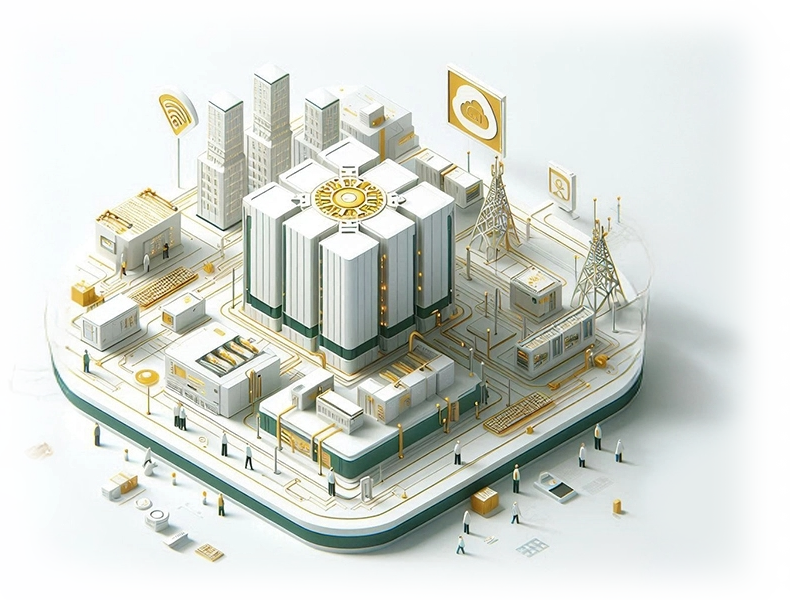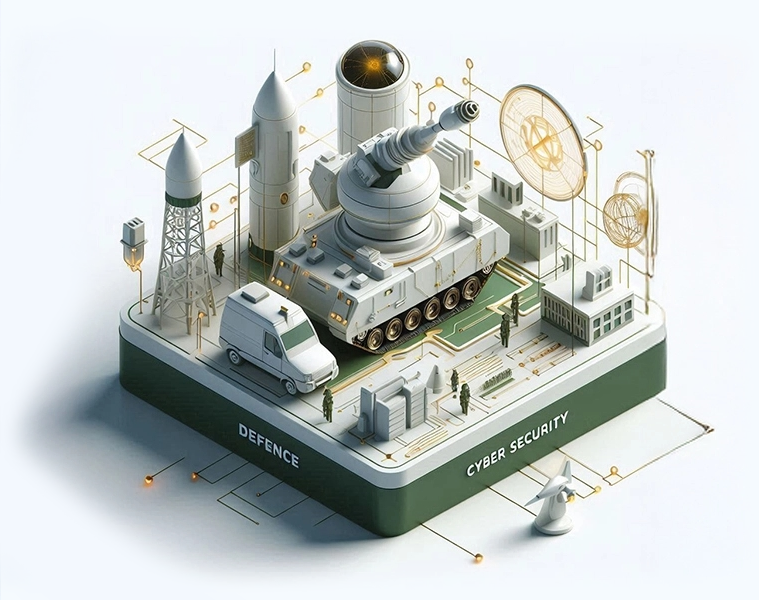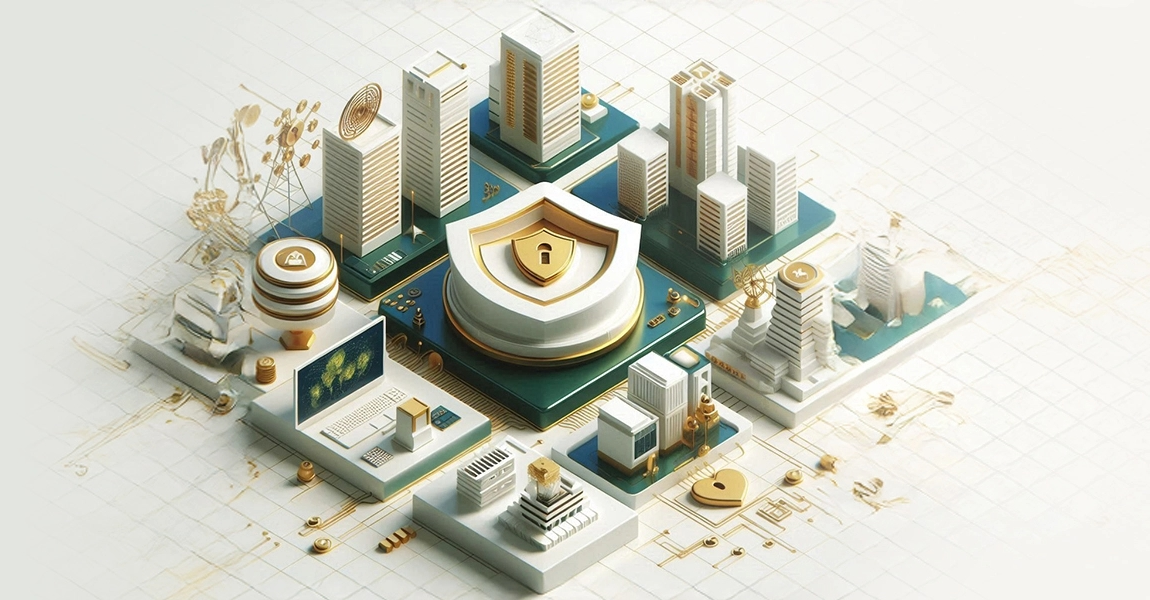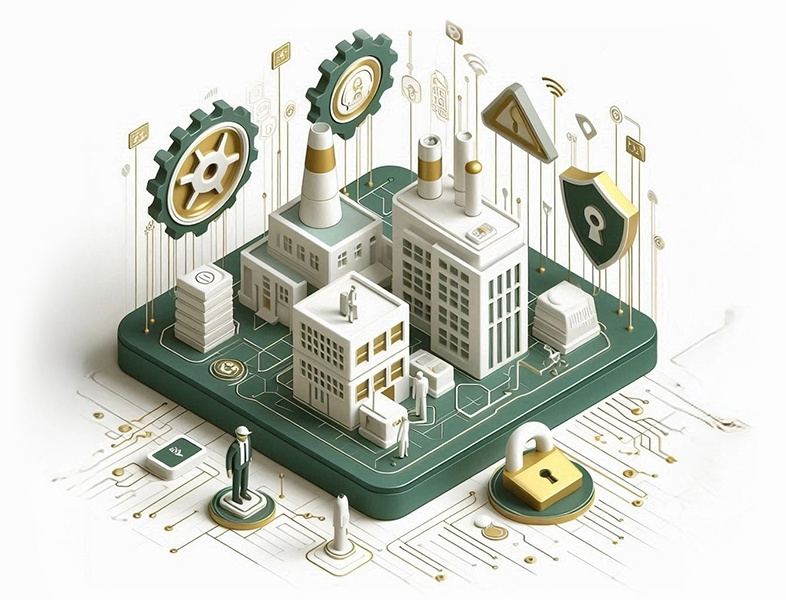
SECTORS WE SERVE
THE PRINCIPLES OF CYBER SECURITY SHOULD BE EFFECTIVELY APPLIED TO ANY INDUSTRY THAT USES INTERNET ENABLED SERVICES TO SOMEHOW MANAGE OR UTILISE THEIR DATA, BUT OUR EXPERIENCE, IN PARTICULAR WITH GOVERNMENT AND DEFENCE OPERATIONS MEAN WE ARE PARTICULARLY ADEPT IN THE FOLLOWING FIELDS.
AVIATION
SAFEGUARDING THE SKIES FROM DIGITAL THREATS
The aviation sector, reliant on intricate digital systems for navigation, air traffic control, and passenger management, faces a constant barrage of cyber threats. From sophisticated attacks targeting flight control systems to breaches compromising sensitive passenger data, the potential consequences are catastrophic. Imagine a scenario where malicious actors disrupt communication between aircraft and ground control, or manipulate navigational data, leading to disastrous outcomes. Robust cybersecurity measures, including intrusion detection, secure communication protocols, and rigorous access controls, are paramount to ensuring the safety and security of air travel.


BUSINESS
PROTECTING THE CORPORATE CORE IN A DIGITAL AGE
Businesses, regardless of size or industry, are treasure troves of valuable data, including financial records, intellectual property, and customer information. Cybercriminals exploit vulnerabilities in corporate networks, cloud environments, and employee devices to steal data, disrupt operations, and extort money. Ransomware attacks, phishing campaigns, and data breaches pose significant threats to business continuity and reputation. Implementing comprehensive cybersecurity strategies, encompassing employee training, robust firewalls, and data encryption, is essential for protecting the corporate core and maintaining customer trust.
CRITICAL NATIONAL INFRASTRUCTURE
FORTIFYING THE LIFELINES OF MODERN SOCIETY.
Critical national infrastructure (CNI), encompassing energy grids, water treatment plants, and telecommunications networks, forms the backbone of modern society. Cyberattacks targeting CNI can have devastating consequences, disrupting essential services, causing widespread outages, and even endangering lives. The interconnected nature of these systems makes them particularly vulnerable to cascading failures. Advanced persistent threats (APTs) and state-sponsored attacks pose significant risks. Robust security measures, including network segmentation, intrusion prevention systems, and rigorous access controls, are vital for protecting CNI from cyber threats.


DEFENCE
DEFENDING THE DIGITAL BATTLEFIELD.
The defence sector operates in a highly contested digital environment, where cyber warfare is a constant threat. Nation-states and malicious actors target military networks, weapon systems, and intelligence databases to gain strategic advantage. Cyberattacks can disrupt military operations, compromise sensitive information, and even disable critical infrastructure. Advanced cybersecurity measures, including secure communication protocols, hardened systems, and robust incident response capabilities, are essential for maintaining military readiness and protecting national security.
GOVERNMENT
SECURING THE DIGITAL PILLARS OF PUBLIC SERVICE.
Government agencies handle vast amounts of sensitive data, including citizen information, financial records, and national security secrets. Cyberattacks targeting government systems can compromise public trust, disrupt essential services, and even undermine national security. Implementing robust cybersecurity measures, including data encryption, access controls, and security awareness training, is crucial for protecting government data and ensuring the continuity of public services.


MANUFACTURING
SHIELDING THE FACTORY FLOOR FROM CYBER DISRUPTION.
The manufacturing sector’s increasing reliance on interconnected industrial control systems (ICS) and the internet of things (IoT) has created new vulnerabilities. Cyberattacks can disrupt production lines, compromise product quality, and even cause physical damage to equipment. Ransomware attacks, supply chain attacks, and sabotage pose significant threats. Implementing robust cybersecurity measures, including network segmentation, intrusion detection systems, and secure remote access protocols, is essential for protecting manufacturing operations.
MARITIME
NAVIGATING THE SEAS OF DIGITAL SECURITY.
The maritime sector, increasingly reliant on digital systems for navigation, communication, and cargo management, faces a growing number of cyber threats. Cyberattacks can disrupt shipping operations, compromise cargo security, and even endanger lives. The interconnected nature of modern ships and ports makes them vulnerable to various cyber threats. Implementing robust cybersecurity measures, including secure communication protocols, intrusion detection systems, and secure remote access, is vital for maritime safety and security.


SPACE
PROTECTING THE FRONTIERS OF DIGITAL EXPLORATION
The space sector, encompassing satellite systems, ground control stations, and data networks, is a critical infrastructure that faces unique cybersecurity challenges. Cyberattacks can disrupt satellite operations, compromise scientific data, and even disable critical communication systems. The vast distances and remote locations involved make it challenging to implement and maintain security measures. Robust cybersecurity practices, including secure communication protocols, data encryption, and robust access controls, are critical for protecting space assets and ensuring the success of space missions.